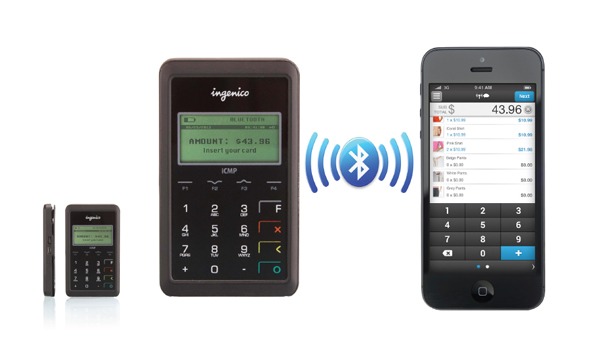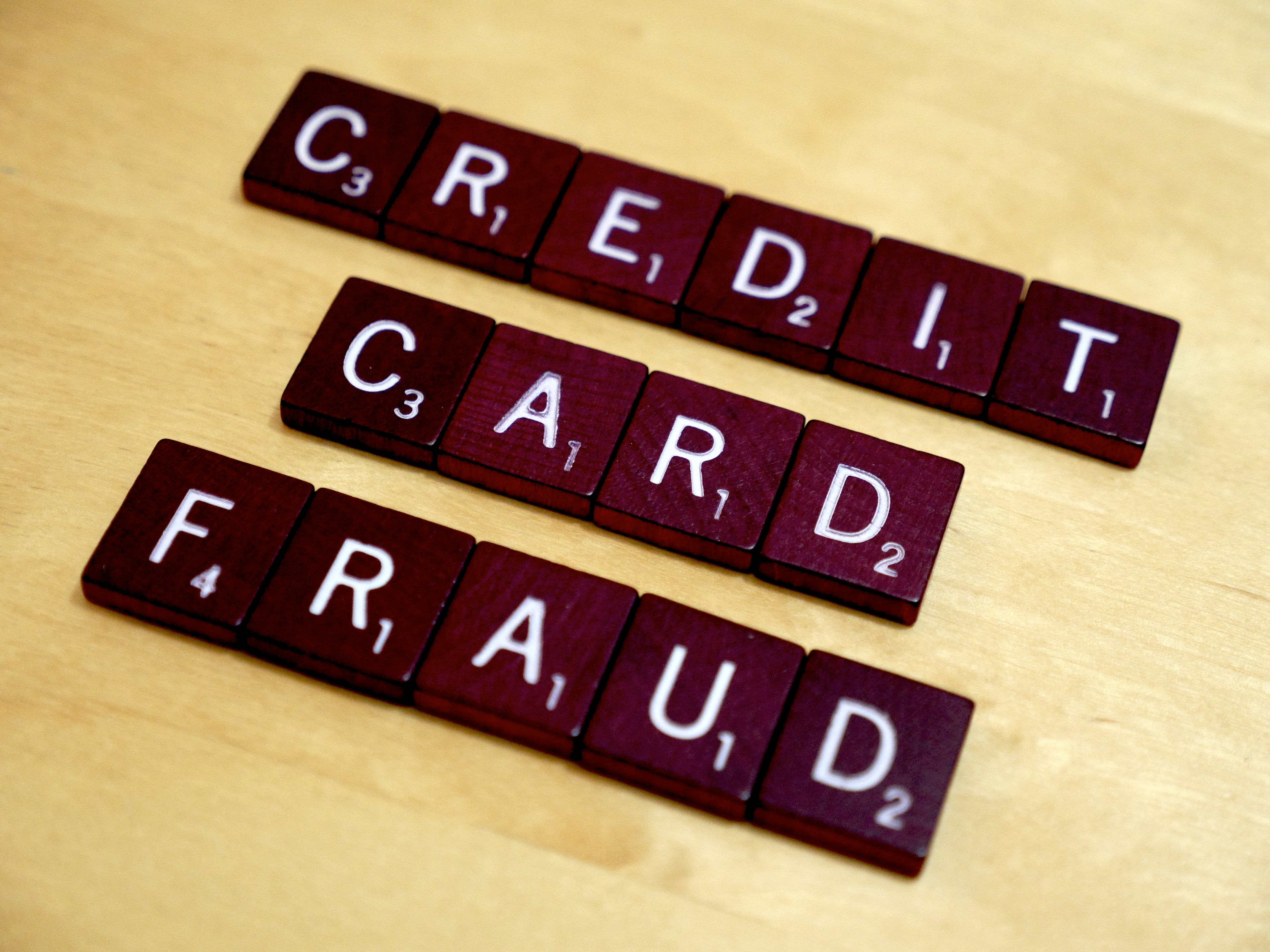
November 19th, 2015 by Elma Jane
The Ingenico iCMP PIN pad is now available with Converge in the US! This EMV-enabled device is flexible to use with a USB connection and Converge or with a Bluetooth connection and Converge Mobile (launching soon!).
Key features of the Ingenico iCMP include:
Chip, Contactless and Mag Stripe
Accept EMV chip cards, including Chip & Pin and Chip & Signature as well as mag stripe cards and contactless payments – mobile wallets like Apple Pay and contactless cards. The EMV-capabilities of the PIN pad help protect our customers from counterfeit card fraud.
Debit and Credit PIN Based Transactions
Accept debit and credit cards using PIN capabilities on the device. This is important to help further protect our customers from lost, stolen and NRI (not received/issued) fraud.
Encryption
Encrypted to keep card data separate and away from the mobile app/device and safe as it travels through the payment network.
Bluetooth or USB
Connect with a USB connection when using a computer and Converge www.convergepay.com or Bluetooth when using with the upcoming Converge Mobile app.
Pocket size
Takes up little space on a countertop, and it’s easy to carry when on the go.
Give us a call now at 888-996-2273.
Posted in Best Practices for Merchants Tagged with: Apple Pay, card data, Chip & PIN, Chip & Signature, chip cards, contactless cards, contactless payments, Converge, Converge Mobile, credit cards, Debit and Credit, EMV, encryption, ingenico, mag stripe, mobile wallets, payment network, transactions

September 8th, 2015 by Elma Jane
A card not present transaction (CNP, MO/TO, Mail Order / Telephone Order, MOTOEC) is a payment card transaction made where the cardholder does not or cannot physically present the card for a merchant’s visual examination at the time that an order is given and payment effected, such as for mail-order transactions by mail or fax, or over the telephone or Internet.
The Card Associations created this term to help identify these Transactions, because CNP situations tend to be where the majority of fraudulent activity occurs; it is difficult for a merchant to verify that the actual cardholder is indeed authorizing a purchase.
The card security code system has been set up to reduce the incidence of credit card fraud arising from CNP.
Types of Security codes:
CVC1 or CVV1, encoded on track 2 of the magnetic stripe of the card and used for card present transactions. The purpose of the code is to verify that a payment card is actually in the hand of the merchant. This code is automatically retrieved when the magnetic stripe of a card is swiped on a point-of-sale (card present) device and is verified by the issuer. A limitation is that if the entire card has been duplicated and the magnetic stripe copied, then the code is still valid.
The most cited, is CVV2 or CVC2. This code is often sought by merchants for Card Not Present Transactions occurring by mail, fax, telephone or Internet. In some countries in Western Europe, card issuers require a merchant to obtain the code when the cardholder is not present in person.
Contactless cards and chip cards may supply their own electronically-generated codes, such as iCVV or Dynamic CVV.
Code Location
The card security code is typically the last three or four digits printed, not embossed like the card number, on the signature strip on the back of the card.
American Express Cards have a four-digit code printed on the front side of the card above the number.
Diners Club, Discover, JCB, MasterCard, and Visa Credit and Debit Cards have a three-digit card security code. The code is the final group of numbers printed on the back signature panel of the card.
For Merchant Account Setup give us a call at 888-996-2273 or visit our website www.nationaltransaction.com
Posted in Best Practices for Merchants Tagged with: card transaction, card-not-present, cardholder, chip cards, cnp, contactless cards, credit card, debit cards, magnetic stripe, merchant, moto, security code
March 17th, 2014 by Elma Jane
Young people and Londoners are leading the way in adopting cashless payments in the U.K., The U.K.-based market research firm also found that non-bank electronic payment methods such as PayPal are trusted more than contactless and mobile card payments.
According to research, 38 percent of British people are interested in being able to make mobile payments and an enthusiastic 8 percent claim they would apply for mobile payment services straight away. Eighteen percent of U.K. Internet users say they would prefer to be able to stop using cash altogether.
Support for a cashless society is strongest in London, with 30 percent prepared to stop using cash. And it is the nation’s youth who are leading the way in new payment forms. Twenty-two percent of those aged 25 to 34 have used Barclays’ Pingit peer-to-peer mobile payment system, compared to 5 percent of those aged 45-54. About 17 percent of 25- to 34-year-olds have used the virtual currency Bitcoin at least once.
However, consumers are more concerned about the security of mobile payments than card payments. Sixty-five percent of consumers showed some concern about mobile payment security and 61 percent showed some concern about contactless cards, compared with 34 percent who were concerned about using debit cards and the 33 percent who were concerned about credit cards.
Consumers were notably less concerned about using non-bank payment services such as PayPal, which protect users’ financial data from being seen by third parties. Only 27 percent of Internet users are concerned about using non-bank payment services such as PayPal.
Posted in Credit card Processing, Credit Card Security, Digital Wallet Privacy, Electronic Payments, EMV EuroPay MasterCard Visa, Mobile Payments, Mobile Point of Sale, Near Field Communication, Smartphone Tagged with: card payments, cashless payments, cashless society, contactless, contactless cards, credit cards, debit cards, electronic payment methods, financial data, internet users, mobile card payments, mobile payment security, mobile payment services, non-bank, non-bank payment services, peer-to-peer mobile payment system, Security, Virtual Currency


